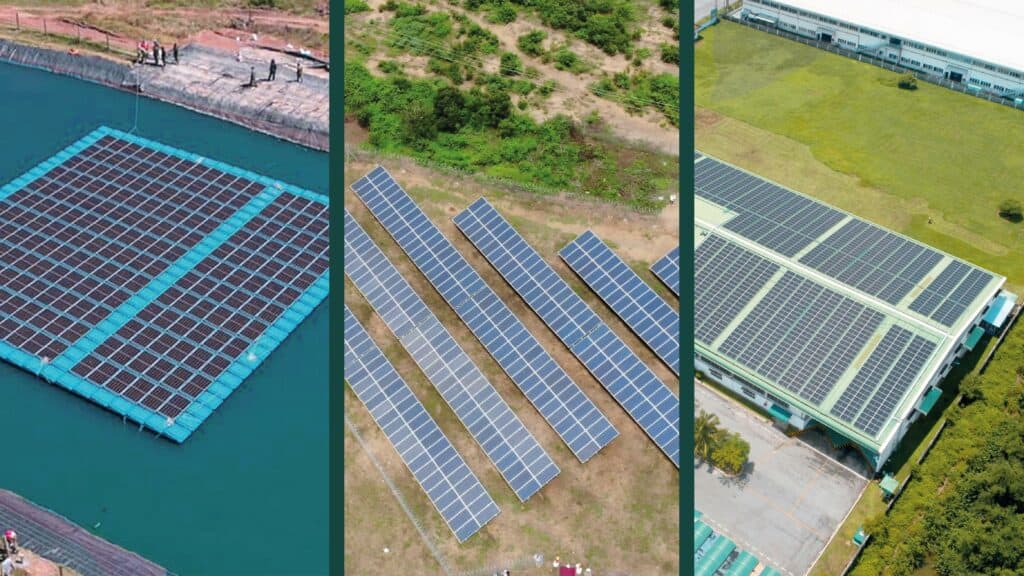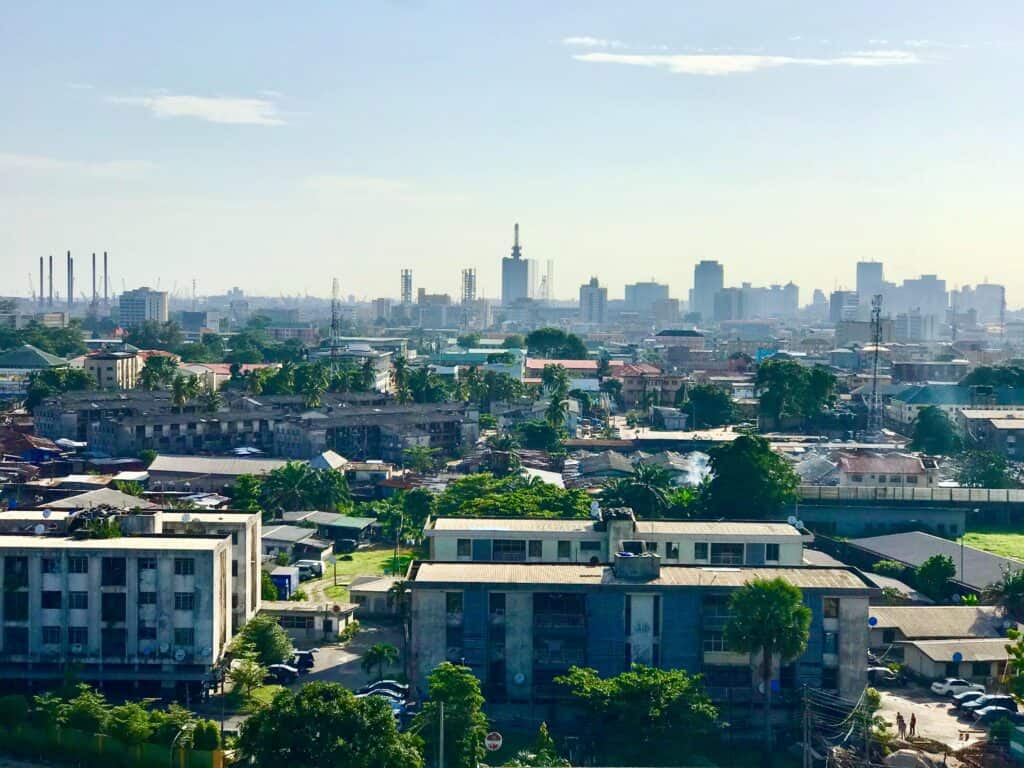Solar projects in Vietnam: when, if not now?
When investors from the solar energy sector are looking for new investment opportunities, there is one country they cannot avoid: Vietnam.
The Southeast Asian country not only impresses with a high number of annual sunshine hours, which, especially in the south of the country, at almost 2,300 hours per year, is significantly higher than the German average of 1,800 sunshine hours per year.
Vietnam’s rising energy demand also plays a role. Vietnam’s economy has been on a strong upswing for several years, with few countries recording greater economic growth than the Southeast Asian nation in calendar year 2019. The country has also managed the Covid-19 crisis relatively well, with energy consumption by the economy and private consumers continuing to rise steadily.
So far, much of this electricity has been generated from fossil, climate-damaging fuels such as gas, oil and coal. However, a clear trend towards the use of renewable energies is emerging – and is far exceeding the expectations and goals of politics. Whereas in 2017 it was projected to have slightly less than one gigawatt of capacity by 2020 and about 12 gigawatts by 2030, by the end of 2019 the country was already recording just over 5 gigawatts of solar power generated alone. That’s more than all of Australia was generating in solar power at that time. And there is no end in sight to the solar boom. Attractive feed-in tariffs are enticing people to invest in photovoltaic systems and are expected to lead to even more competition next year thanks to a reform that will come into force at the end of the year. This should both reduce the share of fossil energy sources and meet the country’s rising energy demand.

Vietnam’s hunger for energy will not abate any time soon, and the politically intended promotion of solar energy facilitates the switch to renewables. Affordable solar power, in turn, further supports economic growth, so that in the end both the environment and the economy can benefit. Only recently, the Vietnamese government published a new plan to increase the share of renewable energy to 25%-30% by 2045. The fact that one of the fastest growing economies in the world is switching to renewable energy is an important development in the fight against climate change and, in the best case scenario, serves as a model for all other rapidly growing emerging economies in the world.
If you also want to be part of this powerful energy turnaround in Vietnam, then find out about our current projects in the Southeast Asian country now and subscribe to our newsletter to never miss a new Vietnam project again.
Related Posts
The Future of Tourism is Green: How Your Investment in Condovac Makes the Vision of a Sustainable Hotel Facility a Reality
Costa Rica – A pioneer in sustainable tourism The philosophy of Costa Rica – PURA VIDA – the pure life presupposes an…


